Mrs. H and I were swapping our methods for weight maintenance.
"I wake up ravenous," I was telling her. "The whole morning I can eat. But my appetite starts to taper off in the afternoon. By 7 it's non-existent. Like, 6:59 I could still munch on something, 7:01 I am no longer tempted. And if I've had a big enough lunch, I don't need supper. Maybe an apple."
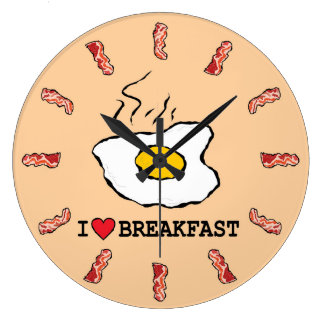
The incredibly slender Mrs. H shook her head. "No, with me, I snack at night. I can't fall asleep if I'm hungry."
"I only sleep well if my stomach's empty!"
Hm.
As we've discussed, everyone gains weight differently. We don't get a vote in the matter; it lodges itself on the various zones of the anatomy with seeming arbitrariness.
I erroneously believed that in terms of weight-maintenance methodology, what works for me should also work for everyone else. Then I read Ruth Reischl's "Constant Craving," and I was perplexed. A woman who has spent her whole life battling her weight becomes a food critic, eating out night after night, and suddenly her demon is slayed? Say what?
But she says it right there:
The first thing I learned was to forget everything I'd ever heard about when to eat and pay attention to my body. When I did, I found that it has very definite notions about food.
Some people wake up ravenous and want an enormous breakfast; some prefer their major meals at nighttime. There's no point in fighting it. If you're the kind of person who wakes up starving, waiting until dinner is only going to make you tense, and by the time you finally get to the table, you'll eat everything in sight.
If, on the other hand, you're naturally a nighttime eater, why waste calories early in the day? I make a huge breakfast for my family every morning, but I rarely eat it myself; my body prefers its calories at night.
Listening to your body instead of your brain requires serious effort.
Sigh. It does. And my body still wins so many of the arguments, not my brain. Although it did involve homemade black bean brownie, which is not the worst sin.
My niece, a budding chef, finds food repellent in the mornings. She says breakfast is nauseating. I stared at her in horror, desperately listing off whatever was in the fridge, coaxing her to eat. But then, I find food burdensome at night.
So here's the thing: It's the stupid mindfullness again, and listening to your body. Mine feels like sludge if I eat a heavy dinner; others can munch on a steak at 10 and sleep the sleep of the just.
Which type are you? Perhaps something else?
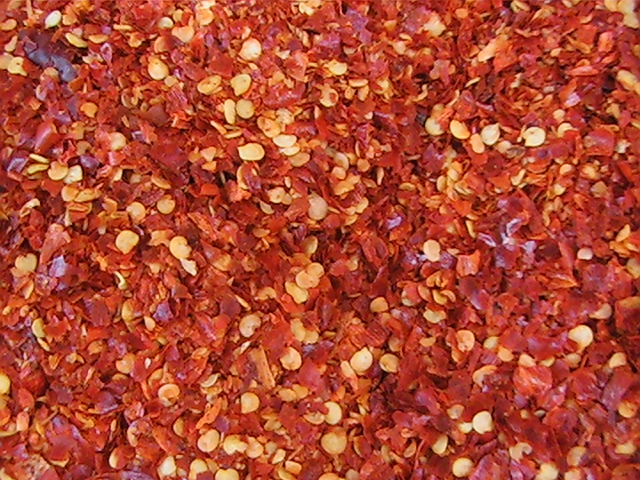





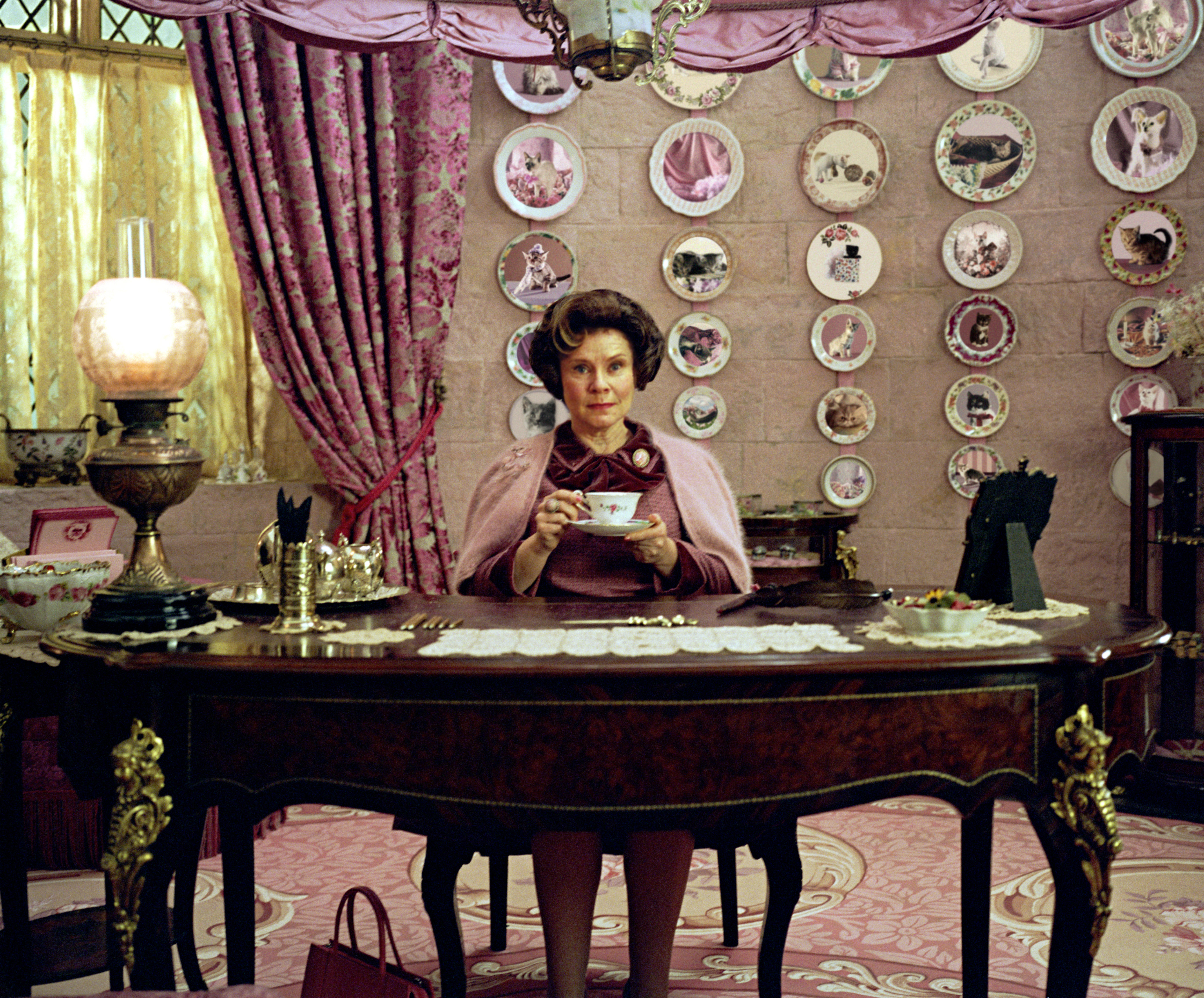










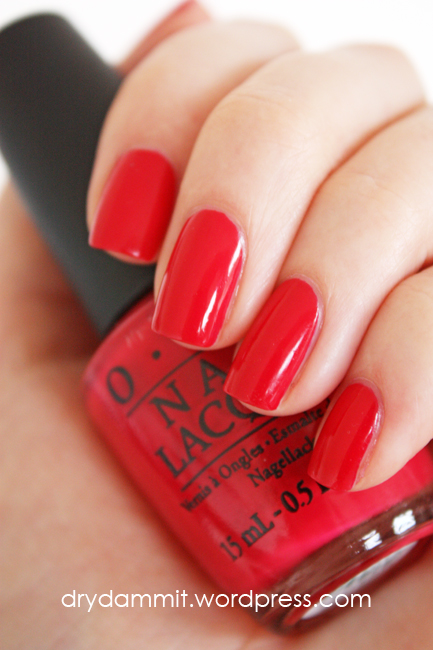





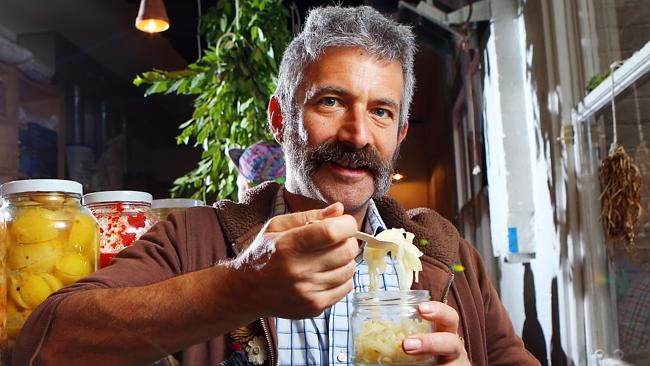


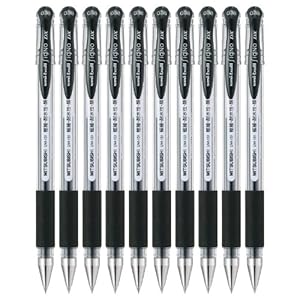
I'm so angry. Anger has become my default state. And I feel justified, because it's clear my ex did a myriad of hurtful, egotistical things to me. But I'm still in pain, a numbing, defeating pain that I can't see my way out of. . . Except now.
The grace of your article was soothing like an ointment or a salve on a dry, unyielding scar. The readers' supportive, thankful comments, a chorus of love and humanity. And I woke up to the truth that my anger and self-righteousness are poison. I need and yearn to forgive; so that I can purge the mind-numbing pain, and let in joy and hope.
I thank you, all of you, most gratefully and humbly.